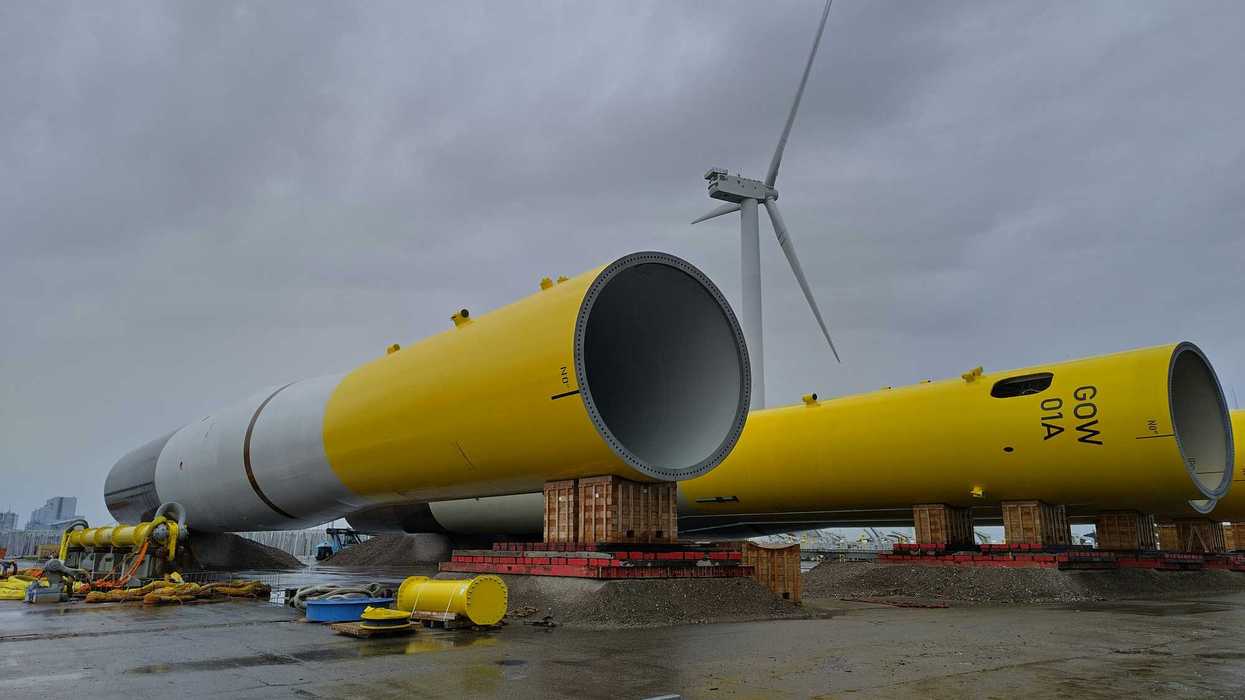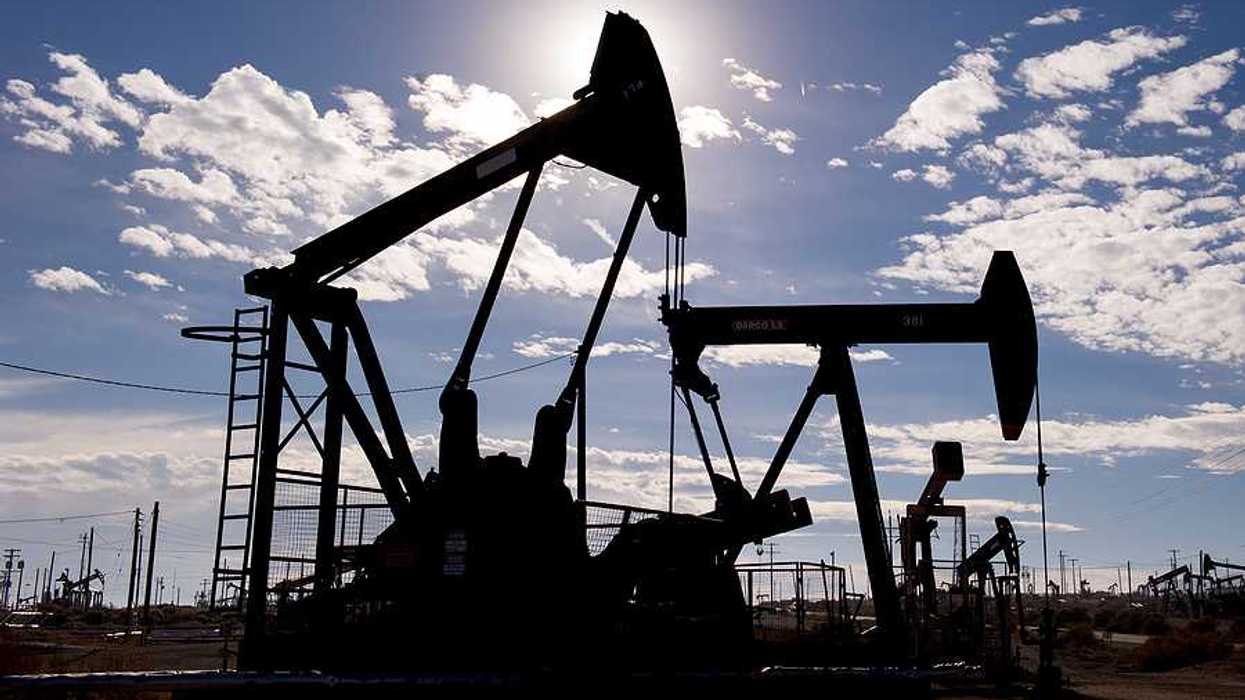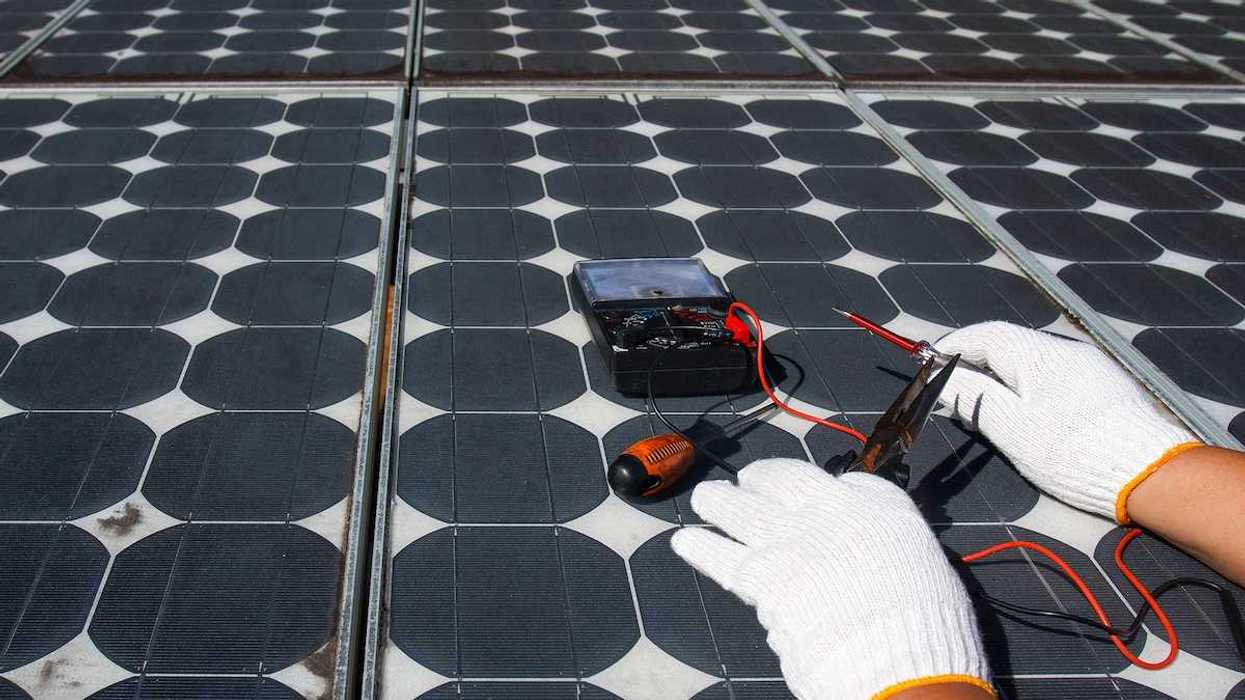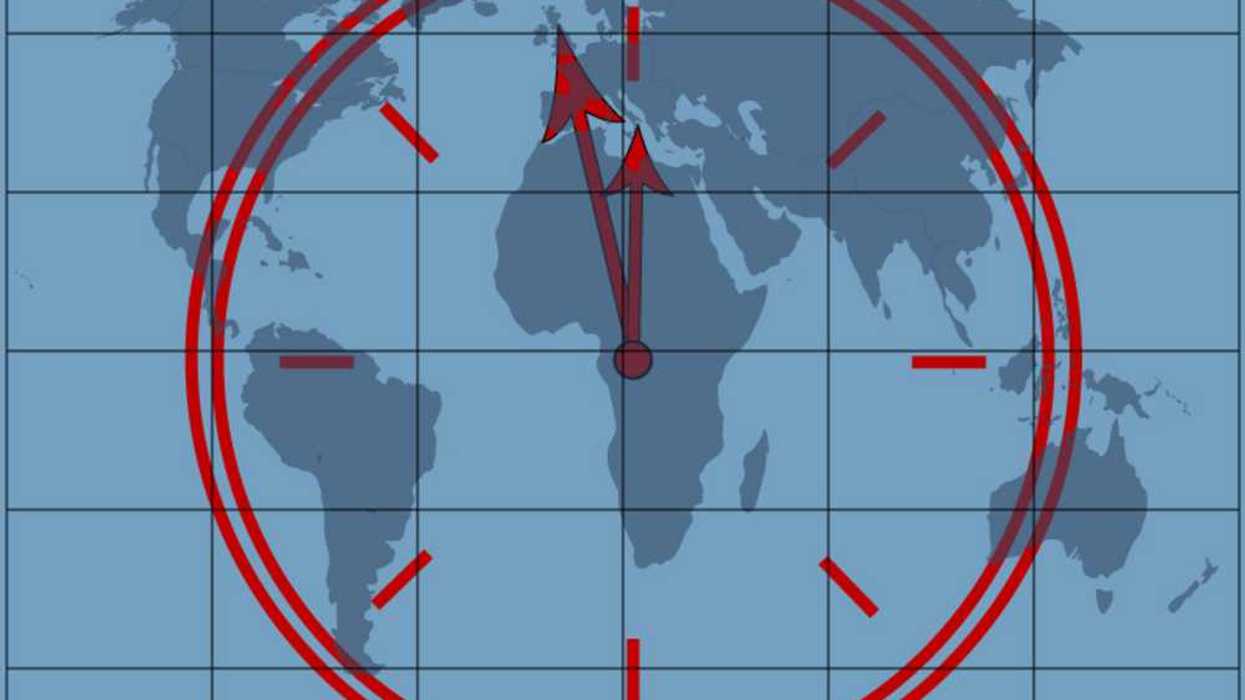Hurricane Beryl’s rapid intensification and early arrival highlight the challenges coastal residents face in deciding whether to evacuate or shelter in place.
Sara Sneath reports for The Guardian.
In short:
- Hurricane Beryl intensified twice by over 35mph within 24 hours, becoming the first category 5 storm early in the season.
- Emergency managers are hesitant to call for mandatory evacuations due to the time required and past evacuation failures.
- Heat-related deaths and power outages during hurricanes are a growing concern, prompting new community-led initiatives for solar power support.
Key quote:
“If you don’t evacuate, you could be without power. If you do evacuate, you could end up running out of gas on the side of the road with thousands of other people.”
— Jason Sippel, meteorologist with the National Oceanic and Atmospheric Administration’s hurricane research division
Why this matters:
Hurricanes are becoming more intense and unpredictable due to climate change. Better forecasting and new community resilience projects are critical to protect vulnerable populations during these increasingly severe storms.














